
For many older men, independence brings freedom but also new challenges. From cooking for one to managing health, daily tasks can feel overwhelming. Living solo requires intentional habits to stay physically strong and mentally sharp. Here are 16 common struggles older men admit to, and what you can learn from them.
Cooking Balanced Meals
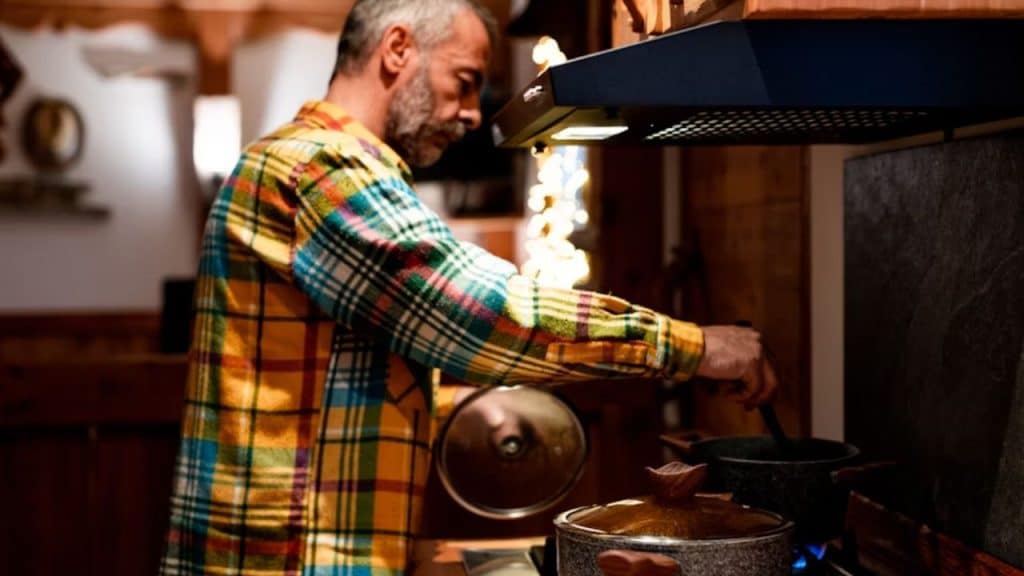
One of the biggest struggles is preparing healthy meals consistently. Many men resort to takeout or processed foods, which can harm long term health. Learning simple, nutritious recipes ensures better energy and immune support. Meal prep routines can make eating healthy less stressful.
Staying Physically Active

Without a partner to encourage movement, exercise often takes a back seat. Sedentary living increases risks of heart disease and weight gain. Building routines like morning walks or home workouts helps men maintain stamina. Regular activity boosts mood and keeps independence intact.
Managing Loneliness

Living alone often leads to feelings of isolation. Lack of social interaction can increase stress and even affect physical health. Staying connected through community groups or hobbies reduces loneliness. Regular social activity supports mental wellness and keeps spirits high.
Household Maintenance
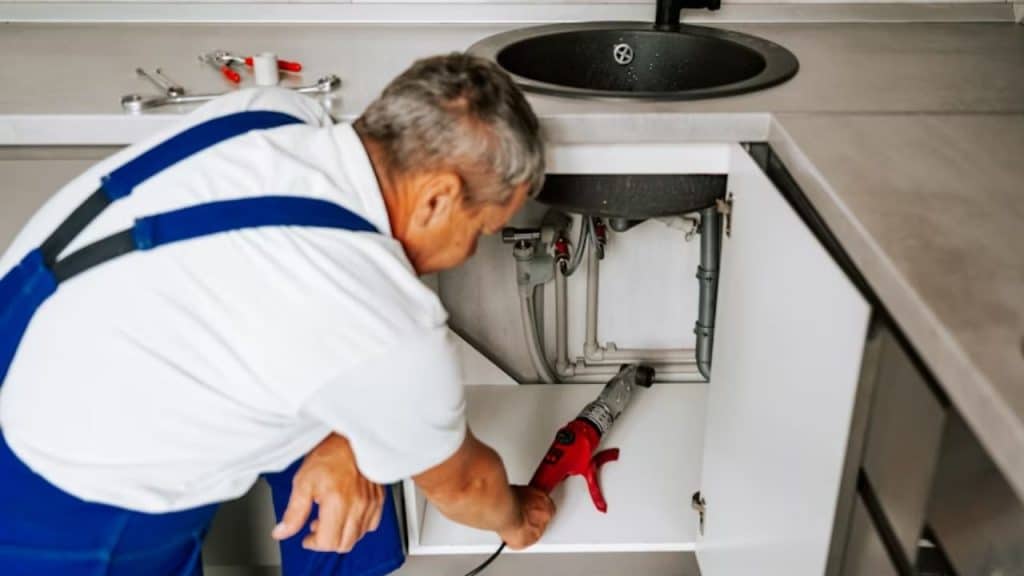
Small repairs and upkeep can feel overwhelming without support. Men often delay tasks, which only creates bigger problems later. Regular maintenance schedules help reduce stress and unexpected costs. Tackling chores in small steps makes solo living easier.
Nutrition Awareness

Living alone sometimes leads to skipped meals or unbalanced diets. Men may lack motivation to prepare fresh foods daily. Keeping a stocked pantry with easy, healthy options helps ensure good nutrition. Proper diet fuels both energy and long term health.
Managing Stress Alone
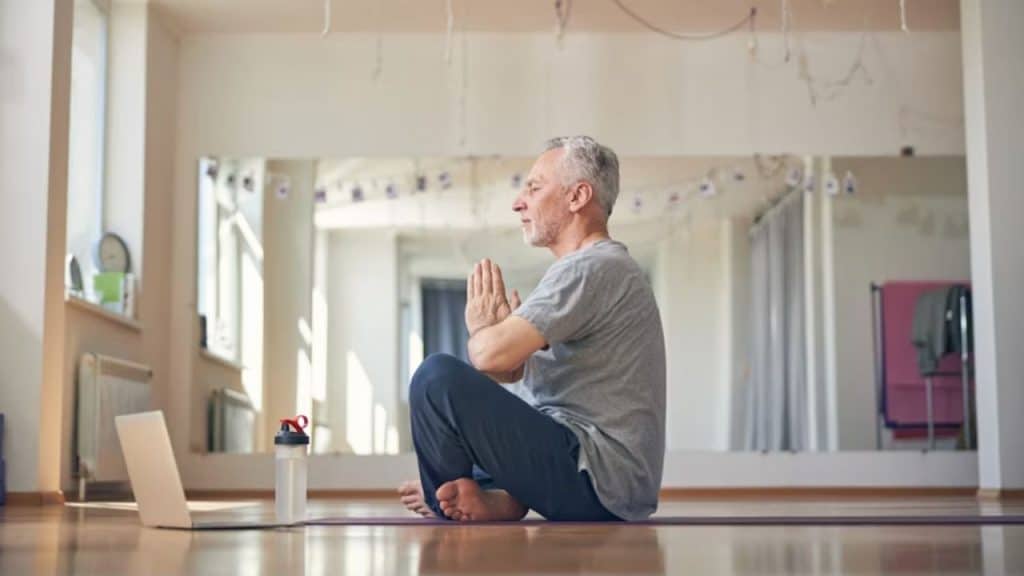
Without a partner to lean on, stress management becomes more challenging. Men often internalize worries, which can impact blood pressure and sleep. Stress reducing practices like meditation, journaling, or exercise offer relief. Building a self care toolkit is key to long term health.
Medical Appointments

Older men living alone often delay doctor visits. Without reminders, preventive screenings can fall through the cracks. Regular check ups help detect issues early and prevent complications. Setting digital reminders ensures nothing important gets missed.
Sleep Quality
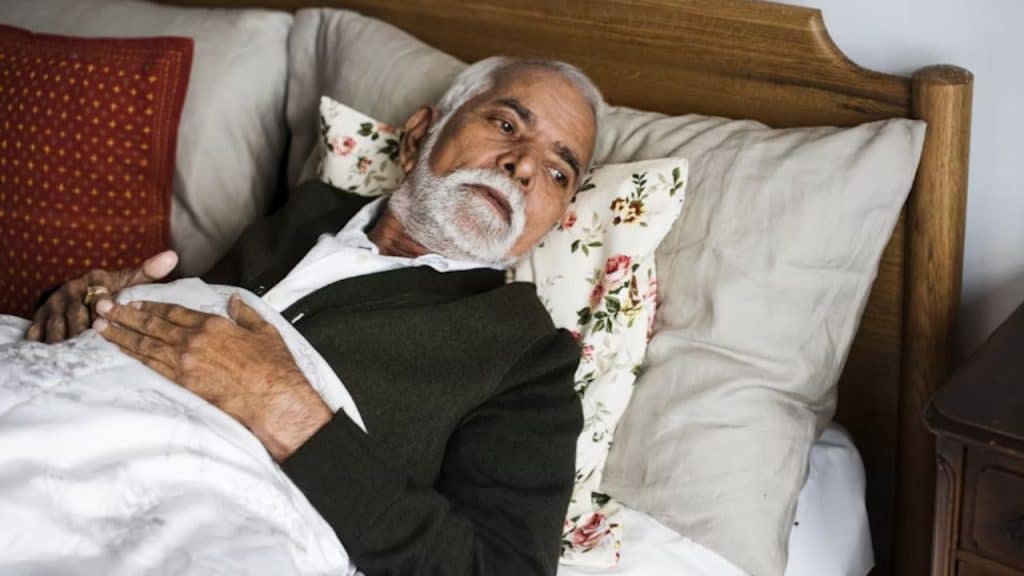
Living alone sometimes disrupts sleep routines. Staying up late or poor bedtime habits can affect overall health. Creating consistent sleep hygiene routines improves rest and recovery. Better sleep means sharper focus and stronger immunity.
Cleaning Routines
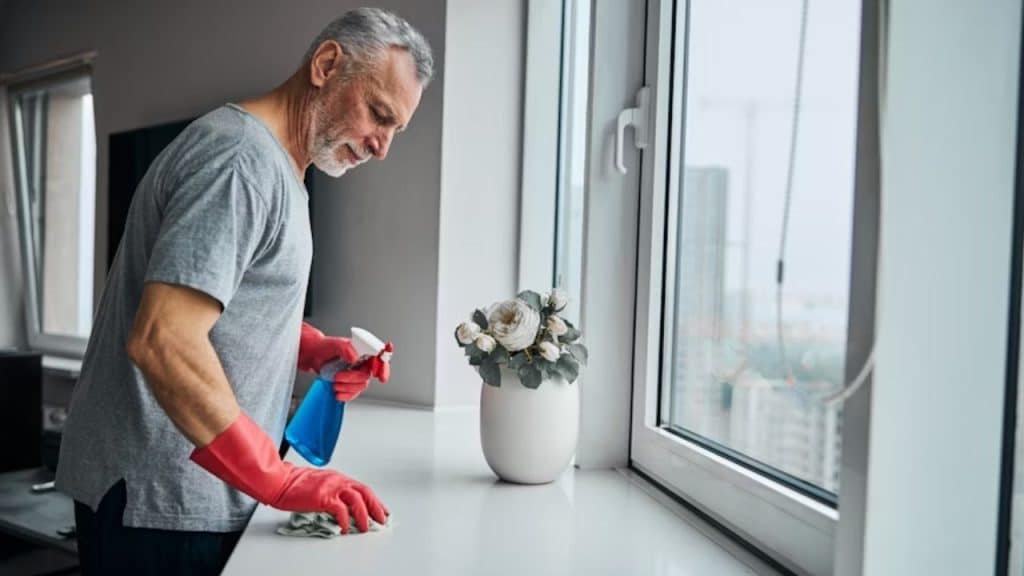
Men often admit they struggle to keep their homes consistently clean. A cluttered space increases stress and lowers productivity. Creating a simple cleaning schedule helps maintain order. A clean home supports better mental clarity and well being.
Financial Planning

Managing bills and expenses alone can feel overwhelming. Some men admit to missing payments or avoiding budgeting. Setting up automatic payments and digital tracking tools helps simplify finances. Financial stability reduces stress and supports independence.
Grocery Shopping Motivation

Shopping for one often feels like a chore. Men may buy unhealthy options for convenience. Planning grocery lists with nutritious staples makes solo shopping easier. Smart choices in the store translate to better health at home.
Emotional Well Being

Living alone can sometimes lead to bottled up emotions. Without regular conversation, small worries can grow. Journaling or joining support groups helps men process feelings. Emotional awareness prevents long term mental health struggles.
Technology Use
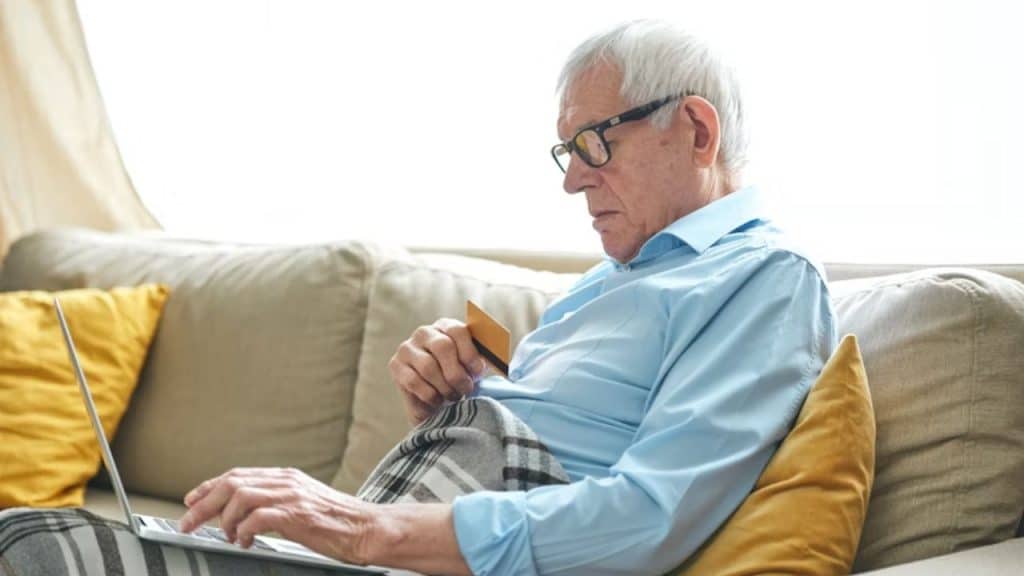
Some older men struggle to keep up with apps that make solo living easier. Food delivery, telehealth, and fitness apps can simplify routines. Learning basic digital tools helps men stay connected and independent. Technology can be a powerful ally when living alone.
Preventive Health Habits

Without accountability, men may skip proactive health measures. Screenings, stretching, and hydration often get overlooked. Making these part of a daily checklist supports long term vitality. Preventive care is an investment in independence.
Lack of Motivation for Grooming

Living alone sometimes makes grooming feel less important. Neglecting self care can affect both confidence and mental health. Simple habits like shaving, skincare, and dressing well uplift mood. Looking good helps men feel good, even at home.
Meal Portion Control

Cooking for one can lead to overeating or wasting food. Portioning meals properly helps maintain weight and reduces waste. Using smaller plates and freezing extra servings are practical strategies. Balanced portions support energy and long term health.
Maintaining Friendships
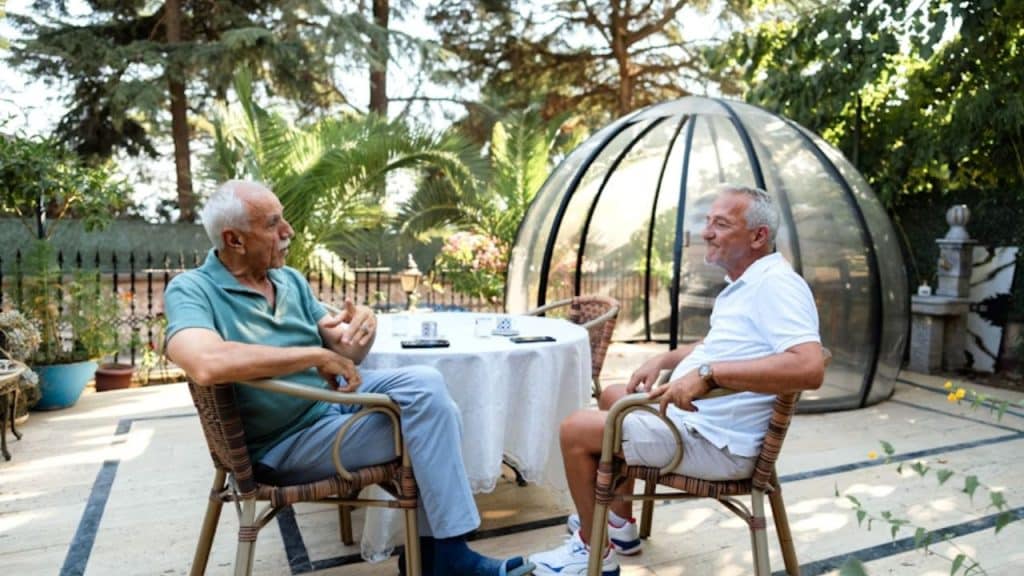
Without a partner’s social network, friendships can fade. Men often struggle to initiate plans or maintain connections. Regular phone calls, hobbies, or group activities keep friendships alive. Social bonds are essential for both happiness and longevity.
Seasonal Health Challenges

Living alone makes it harder to adapt to seasonal stressors like holiday overeating or winter isolation. Men who plan ahead with balanced meals and fitness routines cope better. Seasonal awareness supports stronger physical and mental resilience. Building strategies now helps prevent bigger struggles later.
Independence with Wellness

Living alone has challenges, but older men who embrace wellness strategies thrive. Prioritizing nutrition, fitness, and emotional health creates balance. Simple habits build independence while reducing stress and illness. Solo living can be rewarding when approached with intentional health practices.






Ask Me Anything